RGU has launched Scotland’s first holistic and student-led clinic in Aberdeen to provide free legal advice to those on low incomes across the city.
The Grampian Community Law Centre will operate from Torry Medical Practice on Oscar Road and become the first of its kind to be embedded within a medical practice.
It will aim to tackle the root causes of issues that may be contributing to mental and physical health difficulties while giving students first-hand experience.
An event to celebrate the launch was held at the university yesterday and included speakers involved in driving the project from the university, NHS and the community.
Lady Carmichael, chairwoman of the Access to Justice Committee at the Scottish Civil Justice Council, welcomed the launch of the clinic, describing it as an “innovative” initiative allowing people the access to justice they might not have the opportunity to otherwise.
Hannah Darnell, who manages the Grampian Community Law Centre and is also a practicing solicitor, believes there is a “moral responsibility” to look out for one another.
She said: “It’s about bridging the access to justice gap, and basically taking something to a community that is going to benefit during a cost of living crisis but also more widely.”
‘It’s double-edged’
The student-led team will work on issues such as social and private housing rights, consumer rights and help with legal documents such as power of attorney.
They will be helping people with other issues that may arise as a consequence of the cost of living crisis, and signposting people to other services that may be able to assist them.
Mrs Darnell said: “I think the community clinic benefits the students as well. As a lecturer, I’m giving them theoretical knowledge, but it’s nice to give them practical skills as well.
“I went to a very traditional university, and when I finished my degree I didn’t have any of the practical skills. It turned out I didn’t need them because I joined the police. Had it turned out I wanted to go into private practice then I would have been quite overwhelmed.
“I wanted to make sure the students don’t have that feeling, they understand what they’re going into. We’re basically tooling them with modern-day skills for today’s world.
“It’s double-edged – it’s helping the community and the students when they need it the most.”
Mrs Darnell spent some time policing in the Torry area, growing to love the community spirit and how resilient the people were.
She said: “The people in Torry are resilient, but there comes a point to everyone’s reliance where they perhaps just need to reach out and say ‘I need a little bit of support’ and that’s where we come in.
“Particularly at a time where we’re all feeling the pinch with the cost of living crisis, and the people who are perhaps already feeling that pinch are going to feel it more, so I guess it’s just coming in at the right time to be there for people.”
The university will also launch Scotland’s first climate clinic later this year, designed to provide support at grassroots level during the climate breakdown and biodiversity crisis and concentrate on matters from planning and development to the environment and animal law.
‘Absolutely priceless’
Dr Adrian Crofton, director of the River Dee Medical Group, which operates the Torry Medical Practice. attended the event to give a perspective on how legal aid can improve health and wellbeing.
He explained people living in Torry were experiencing chronic diseases far earlier than the rest of the city.
Patients come to the practice without access to phones, unable to heat their homes and with sleeping problems.
According to Dr Crofton, the quality of housing is poor, with patients experiencing damp conditions and sound pollution keeping them awake at night.
The doctor hopes the clinic will help patients with problems the staff at the practice are unable to, and in turn improve their health and wellbeing.
He said: “Having a clinic that will talk you through power of attorney, but you don’t have to pay for that, that gives you an authoritative guide through the whole process – that’s absolutely priceless really. It makes a big difference to the quality of someone’s care later in life in all sorts of ways.
“It gives people a sense of agency and ability to shape what happens around them. People quite often underestimate their ability or think they lack the skills to shape their environment or their future and again I think this will make a little contribution to that as well.”
‘At the heart of what we do’
The student-led group will also set up a base in the Bridge Centre on Balnagask Road.
Chris Hood, community centre manager, explained the importance of having a space where the community can come to get legal advice without worrying about the cost.
He said: “We’re really excited to be working with Hannah and the students who are getting that opportunity to grow in their ability to work with people in the community.
“But for people of Torry to access that and not feel like they’re distanced from the rest of Aberdeen but actually people are actually wanting to see their lives improve – that’s at the heart of what we want to do.
“And I can see that’s the heart of what the law clinic wants to do, so it’s really exciting to work with them.”
‘There are some wonderful people in Aberdeen’
Lord Provost David Cameron was also at the event at RGU and hailed it as a “fantastic idea”.
He explained he was taken by the speeches at the event, particularly by Dr Crofton who spoke about how legal advice could improve health and wellbeing, and that
He said: “It just proves human nature isn’t all bad, that there are some wonderful people in the world and Aberdeen.
“The people in Torry are helping each other and this particular project linked to the health centre is going to make life so much easier for a lot of people.
“It’s not just being able to sort out debt problems or other problems like that, but it must have an effect on improving mental health as well.”
The Lord Provost said allowing students to get first-hand experience like this is “phenomenal” and believes the project will help people keep their dignity.
“One of the other aspects of this, and this project seems to be empathetic with this, the vast majority of people do not want handouts they want their dignity, and I think this project does that in the same way as food pantries rather than foodbanks gives people dignity.
“Some people wouldn’t go see the solicitor, that would be the last place they’d go, but they need that advice and they’ll get it in an empathetic way, and in a way, they still retain their own dignity – to me that’s really important.”
For more information or to seek assistance, email GCLC@rgu.ac.uk
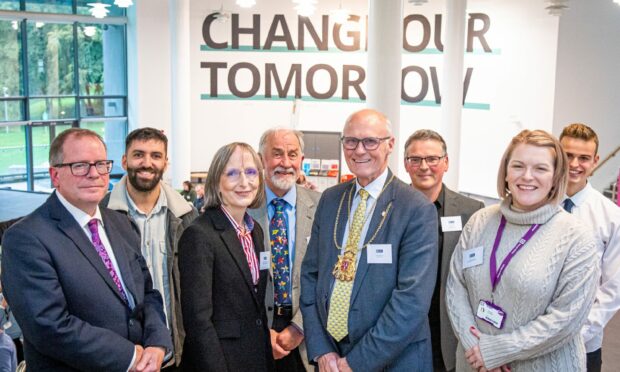
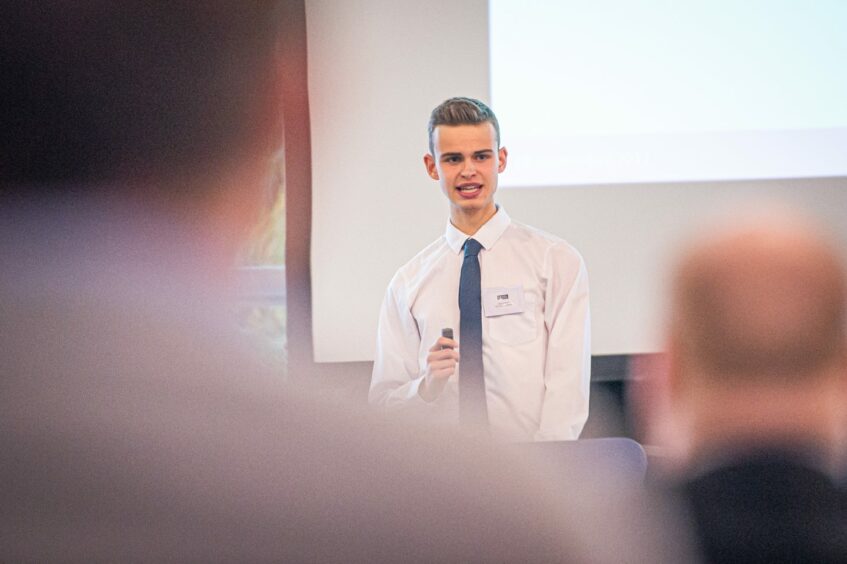
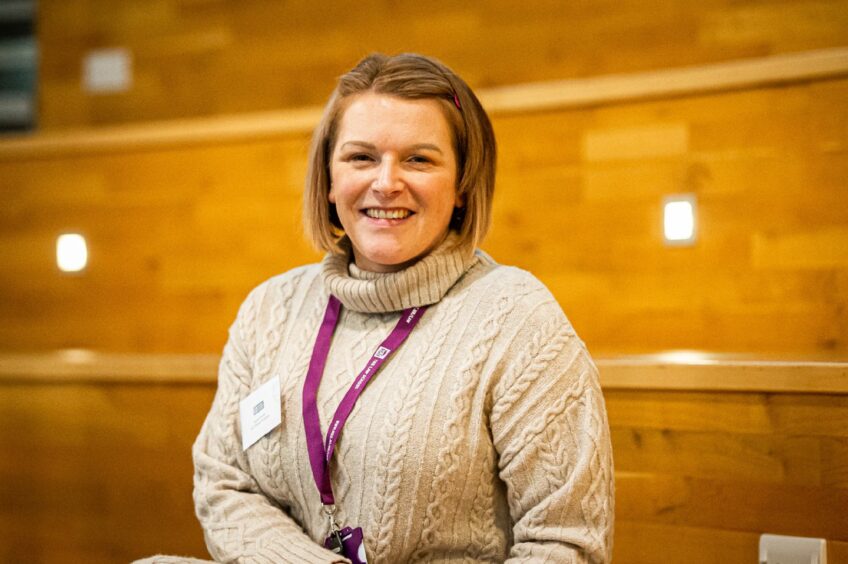
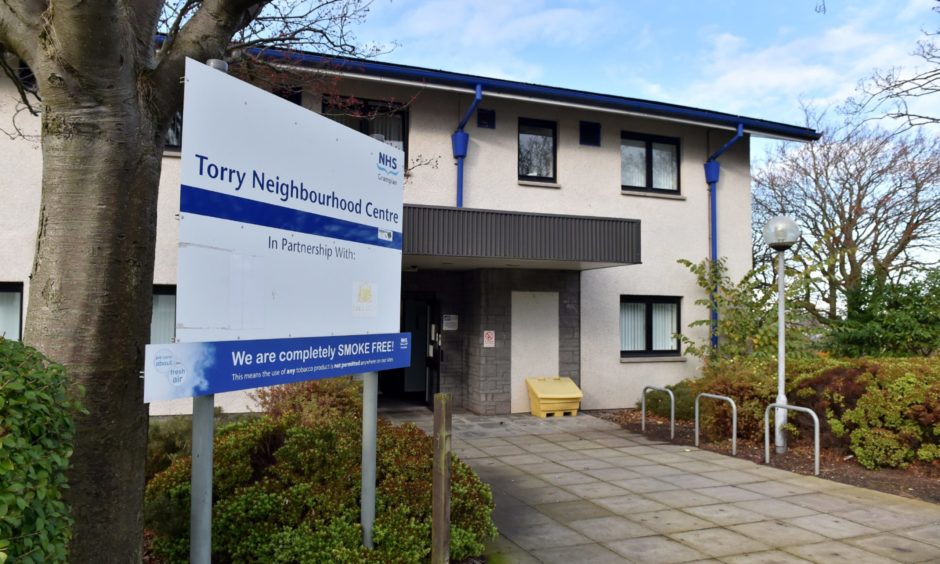

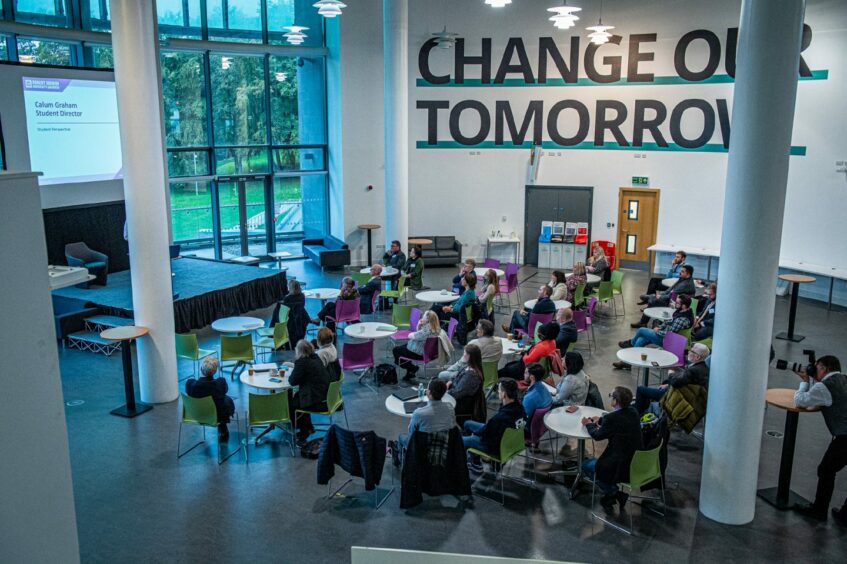
Conversation